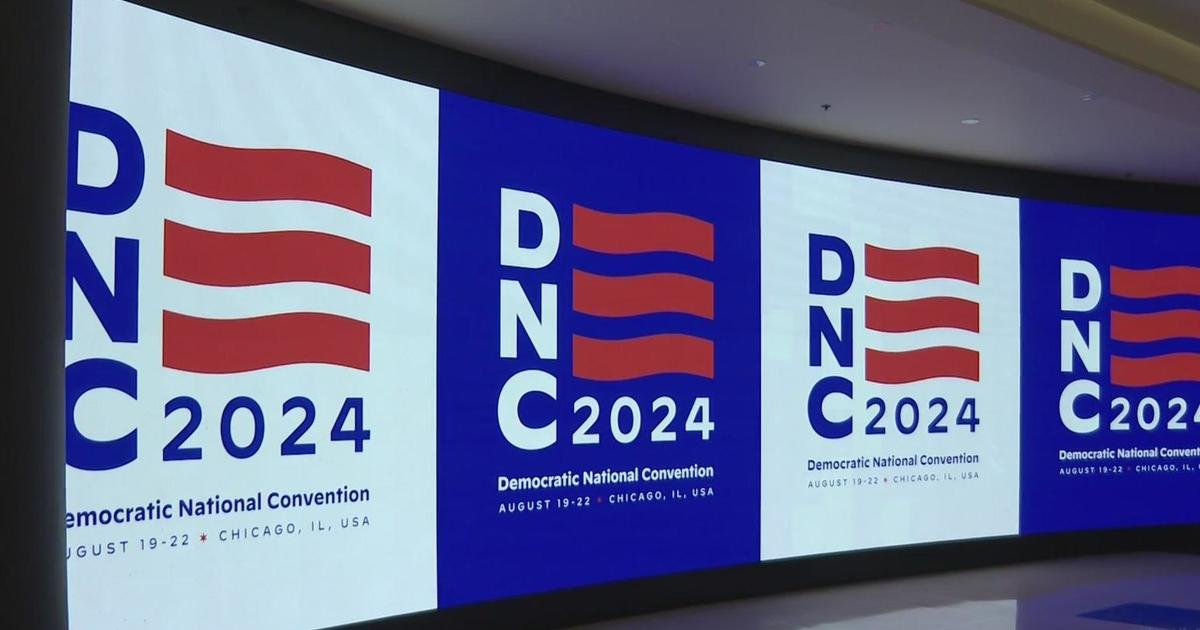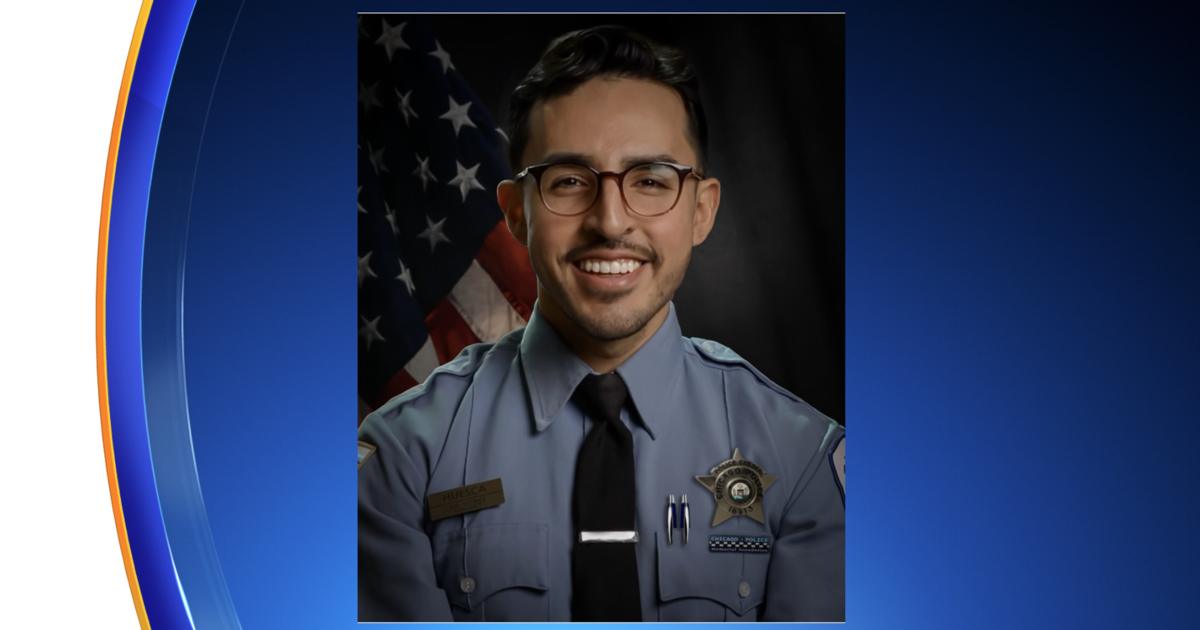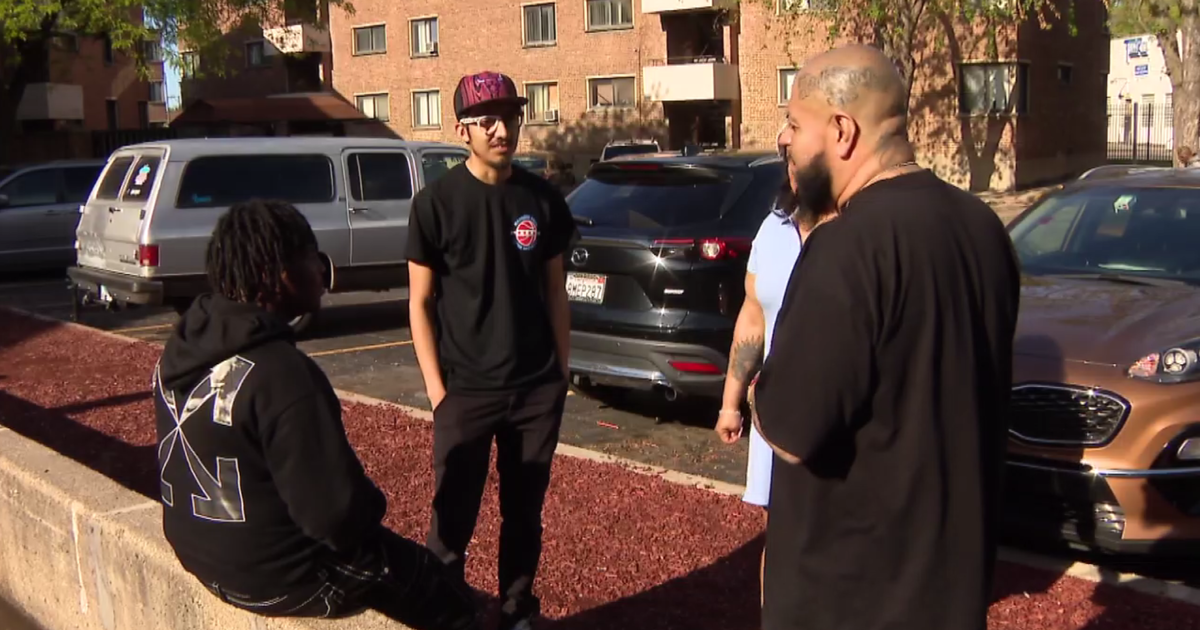Chicago Members Of Congress Seek Answers About Bolivian Election That Triggered Deadly Protests
WASHINGTON (CBS/CBS News/AP) -- Four members of Congress, three of them from Chicago, issued a letter Monday calling for clarity about an election in Bolivia last month that has brought unrest to the South American country.
U.S. Reps. Jan Schakowsky (D-Illinois), Bobby Rush (D-Illinois), Jesus "Chuy" Garcia (D-Illinois), and Jared Huffman (D-California) sent a letter to the Organization of American States demanding answers about the Bolivian presidential election on Oct. 20.
The members of Congress are questioning reports that the election was marred by irregularities, to the point where Secretary General Luis Almagro called "stolen," a "fraudulent election," and a "coup."
Evo Morales claimed victory for a fourth term as president in the Oct. 20 election, triggering claims of fraud, deadly protests, and a split among security forces. At least three people were killed and more than 100 injured during the clashes, which closed schools, businesses and public transportation.
Mobs torched electoral offices in Sucre and Potosi days after the election, while rival supporters clashed in the capital La Paz. Officials said this past Saturday that at least 32 people have died in demonstrations since the presidential election.
On Sunday, Nov. 10, Morales resigned. He went on to fly out of the country and take asylum in Mexico.
The Organization of American States had issued a preliminary report on the same day saying it found wide-scale data manipulation and could not verify the results of the presidential election.
The members of Congress expressed doubt about the OAS' Electoral Observation Mission's claims about the election outcome. The OAS noted that Morales' margin over second-place candidate Carlos Mesa rose from 7.9 percent with84 percent of the votes reported before an interruption, to 10.14 percent with 95 percent of the votes counted and 10.6 percent when the vote was complete.
The OAS mission had called the increase to 10.14 percent "drastic," "hard-to-explain," and "inexplicable" and said it "generates a loss of confidence in the electoral process."
But the members of Congress wondered if the OAS mission had looked at precincts that had reported their vote totals after the interruption to see if there were another explanation – such as whether those precincts were different in any ways that would make them more likely to vote for Morales.
"Aren't such locational differences between earlier and later returns fairly common in elections?" the letter said. "Shouldn't the EOM have looked at, and mentioned this possibility."
The members of Congress further said publicly available data showed that the increase in Morales' margin of as the vote was counted was, in fact, the result of numbers coming in from precincts that were on average more pro-Morales than the other precincts that had reported earlier.
The letter went on to note that the OAS mission never provided evidence to support its claims of "fraud" in its first news release. It also asked if the OAS Secretary General or any member government of the OAS had reviewed the claims the mission made, or whether the U.S. government or any other government had pressured the mission to alter or edit its claims about the Bolivian election.
On the day Morales resigned, U.S. Secretary of State Mike Pompeo tweeted his support for the OAS report, "recommending new elections in Bolivia to ensure a truly democratic process representative of the people's will."
Russia, however, was quick to dismiss the criticism of the Bolivian election that led Morales to step down, suggesting the populist Bolivian leader had been the victim of an "orchestrated coup," in spite of the fact that Morales stepped down voluntarily.
Morales, a native Aymara from Bolivia's highlands, became Bolivia's first indigenous president in 2006 and easily won the two following elections. He paved roads, sent Bolivia's first satellite to space and curbed inflation, according to AP. He was in power for 13 years and nine months.
The 60-year-old has faced growing dissatisfaction — especially over his refusal to accept the results of a 2016 referendum to keep limits on presidential terms. The country's top court, considered by critics as friendly to the president, ruled that limits would violate Morales' political rights as a citizen, AP pointed out.
This past Saturday, Bolivian lawmakers unanimously approved a measure calling for new presidential elections that would exclude Morales.
The bill was first approved by the Senate and then later in the day by the lower house, both of which are dominated by Morales' Movement Toward Socialism party, and now must be signed into law by interim President Jeanine Áñez.
The measure forbids reelection of anyone who has served the last two terms consecutively as president, effectively ruling out Morales, whose refusal to accept such term limits was a key issue in protests against him.
(© Copyright 2019 CBS Broadcasting Inc. All Rights Reserved. CBS News and The Associated Press contributed to this report.)



